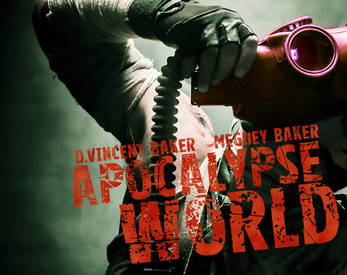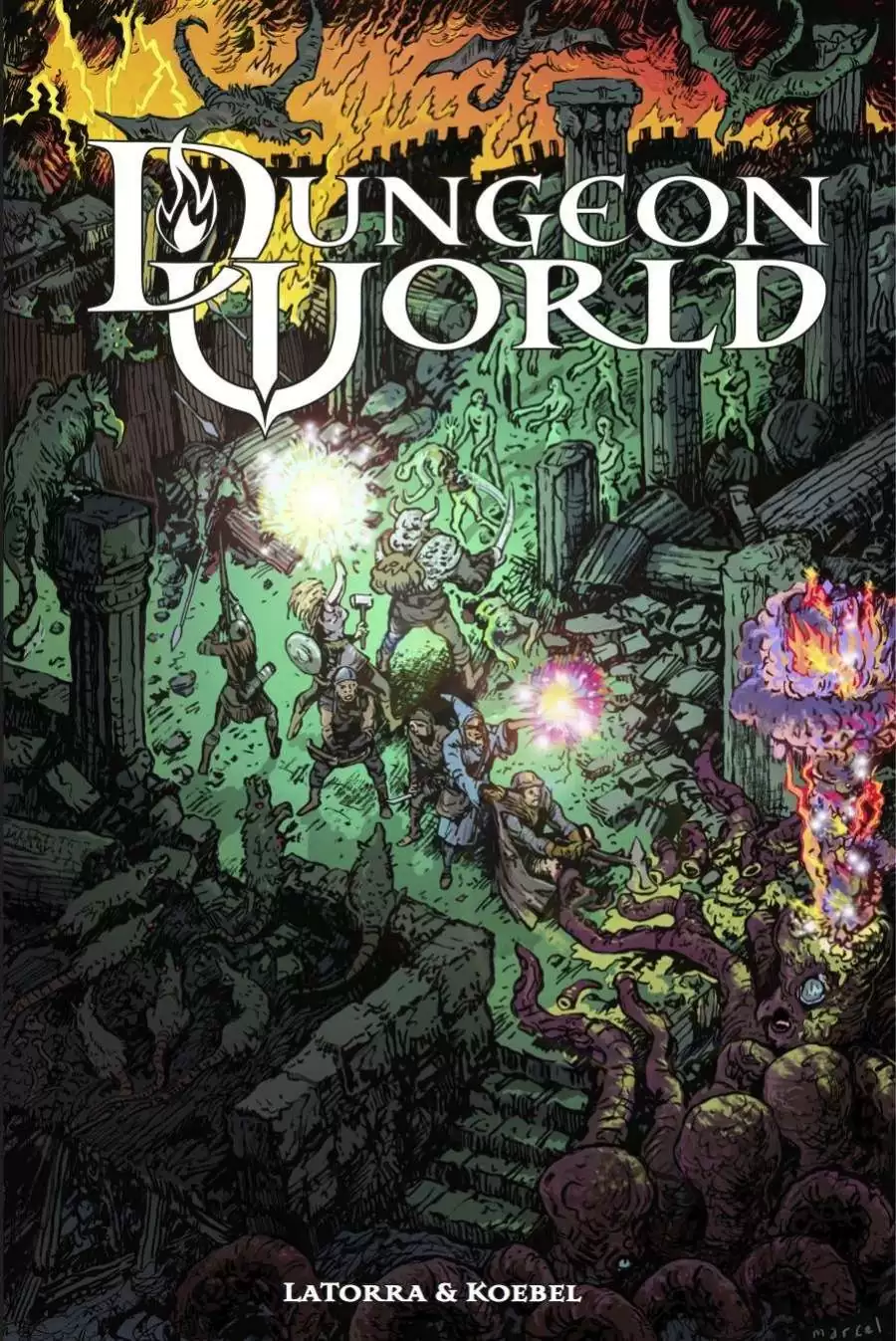Kingdom Fantasy; Political; Collaborative Worldbuilding; Narrative-Driven; Resource Management; Social Intrigue
Kingdom is a tabletop roleplaying game designed for collaborative storytelling and political intrigue. It allows players to collectively create and manage a community, facing difficult choices and exploring the consequences of their actions. This report will explore the game's themes, mechanics, unique aspects, and target audience.
Theme and Setting
Kingdom distinguishes itself with a strong emphasis on community and its evolution. Players collaboratively define the 'Kingdom,' which can represent any group or organization, from a wizarding school to a starship crew or even a pizza delivery service. The game centers around exploring what a community stands for and the critical decisions (Crossroads) that shape its identity. It's about the people within the community, their ideals, and how they navigate internal and external pressures. The setting is therefore highly flexible, adaptable to various genres and player preferences, ranging from serious political dramas to lighthearted comedic scenarios.
Core Mechanics and Rules
The core of Kingdom revolves around collaborative worldbuilding and decision-making. The game is GM-less, meaning all players contribute to the narrative and direction. Key mechanics involve the use of 'Crossroads,' which are critical junctures that force the Kingdom to make important choices. Players take on roles with specific functions, such as Perspective, Touchstone, and Power, influencing how these Crossroads are approached and resolved. Troubles accumulate over time, increasing the pressure on the Kingdom and leading to a climactic crisis. The Legacy edition introduces campaign-style play, allowing players to explore the long-term consequences of their decisions across multiple sessions.
What Makes it Unique
Kingdom's uniqueness lies in its focus on collaborative storytelling and the absence of a traditional Game Master. The game encourages players to actively participate in shaping the narrative and the world. The 'Crossroads' mechanic drives the story forward, presenting meaningful choices with lasting consequences. The game is designed to be highly adaptable, suitable for various settings and play styles. Unlike many RPGs that focus on individual character development, Kingdom prioritizes the evolution and fate of the collective. The Legacy mode adds another layer of depth, enabling players to witness the long-term impact of their decisions on their Kingdom's history.
Target Audience and Player Experience
Kingdom is targeted toward players who enjoy collaborative storytelling, political intrigue, and worldbuilding. It is particularly appealing to groups who appreciate games with minimal preparation and a strong emphasis on narrative. The game offers a unique player experience centered around collective decision-making and exploration of community values. It's suitable for players who enjoy exploring complex themes and engaging in social interaction within a fictional setting. The game's flexibility makes it accessible to both experienced RPG players and newcomers looking for a more narrative-driven experience. Players should be comfortable with contributing to the story and sharing creative control.



